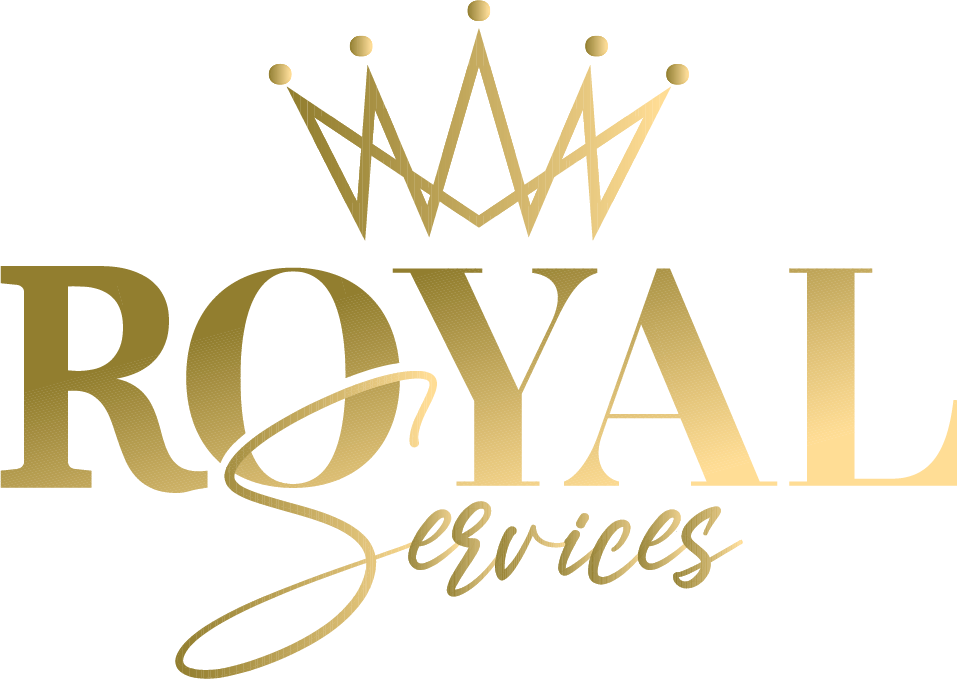Can You Buy a Home Without a Perfect Credit Score? Here’s What You Should Know
Buying a home is often seen as an integral part of the American Dream, but what if you don't have a perfect credit score? If you're considering entering the housing market, but you find yourself worrying about your credit history, you're not alone. Many aspiring homeowners face similar concerns. In this post, we'll explore how you can still achieve homeownership, even if your credit isn't pristine.

Buying a home is often seen as an integral part of the American Dream, but what if you don't have a perfect credit score? If you're considering entering the housing market, but you find yourself worrying about your credit history, you're not alone. Many aspiring homeowners face similar concerns. In this post, we'll explore how you can still achieve homeownership, even if your credit isn't pristine.
Understanding Credit Score for Mortgages
Before diving into buying a home with bad credit, let's clarify what a credit score really means. Credit scores range from 300 to 850, with scores over 700 generally considered good. Lenders use these scores to evaluate your financial reliability. So, what is the minimum score you need for mortgage approval?
While it varies by lender and loan type, here's a general guideline:
- 720+: Excellent (Best rates)
- 660-719: Good (Decent rates)
- 620-659: Fair (Higher interest rates)
- Below 620: Poor (More challenges in obtaining a mortgage)
If your score falls below the average, don't despair. There are still options available to you.
FHA Loan Requirements: A Lifeline for Buyers with Bad Credit
One of the best pathways for individuals with less-than-perfect credit is the Federal Housing Administration (FHA) loan. The FHA insures loans made by approved lenders, which decreases the risk for lenders and allows them to offer favorable terms. Here are some key FHA loan requirements:
General Eligibility
1. Credit Score: While the FHA minimum requirement is 580 for a 3.5% down payment, borrowers with scores as low as 500 may qualify with a 10% down payment.
2. Debt-to-Income Ratio: Lenders typically want a DTI ratio of 43% or lower, although some flexible options exist depending on your overall financial picture.
3. Steady Employment History: Having stable income and consistent employment for the past two years can significantly boost your chances.
4. Primary Residence: The home must be your primary dwelling, not an investment property.
Advantages of FHA Loans
- Lower Down Payments: One of the most appealing aspects of FHA loans is the reduced down payment requirement.
- More Forgiving Credit Requirements: FHA loans cater specifically to those with lower credit scores, making homeownership more accessible.
- Assumable Mortgages: If you sell your home, the buyer can take over your loan, often at favorable rates.
Home Loan Approval Tips for Buyers with Bad Credit
Buying a home with bad credit is challenging, but several strategies can improve your chances of getting approval:
1. Check and Improve Your Credit Score
Before applying for a loan, obtain your credit report for free. Identify and correct any inaccuracies. Even taking small steps to improve your score could make a difference.
Tips:
- Pay bills on time: Late payments heavily impact your score.
- Reduce outstanding debt: Lowering your credit utilization ratio can have a positive effect.
2. Save for a Larger Down Payment
A more substantial down payment can sometimes compensate for a lower credit score. Additionally, it can lower your monthly mortgage payments and even eliminate the private mortgage insurance (PMI) requirement.
3. Consider the Co-Signer Option
If possible, seek a co-signer with good credit. Their financial backing can bolster your application and make lenders more willing to approve your loan.
4. Work with a Knowledgeable Real Estate Agent
A skilled real estate agent familiar with working with buyers with bad credit can point you to lender programs and strategies tailored to your situation.
Understand the Importance of Long-Term Planning
Buying a home is not just about securing a loan; it's also about being financially prepared for the long haul. As a homeowner, you'll encounter various costs—mortgage payments, property taxes, insurance, maintenance, and repairs.
Financial Planning Tips:
- Create a Budget: Develop a comprehensive budget to ensure you can manage ongoing costs.
- Emergency Fund: Set aside funds for unexpected repairs or changes in income.
- Home Maintenance Knowledge: Familiarize yourself with basic home repairs to minimize costs in the long run.
Conclusion: Your Path to Homeownership Awaits
Navigating the homebuying process with a poor credit score may seem daunting, but various avenues exist for achieving your goal. Remember:
- FHA loans offer a welcoming option if you don't have perfect credit.
- Enhancing your credit score and saving for a larger down payment will significantly boost your chances.
- Collaborating with a knowledgeable real estate agent can guide you through the complexities.
With the right approach and understanding of the options available, that perfect home could be yours sooner than you think!
Call to Action
Ready to take the next steps towards homeownership? Whether you need more information on securing an FHA loan or tips on improving your credit score, don't hesitate to reach out. Share your thoughts in the comments or contact us for personalized guidance! Let's turn your dream of homeownership into reality.
💡 Found this helpful? Share with someone who’s planning to buy a home. Follow us on Facebook and Instagram for more expert credit tips.
